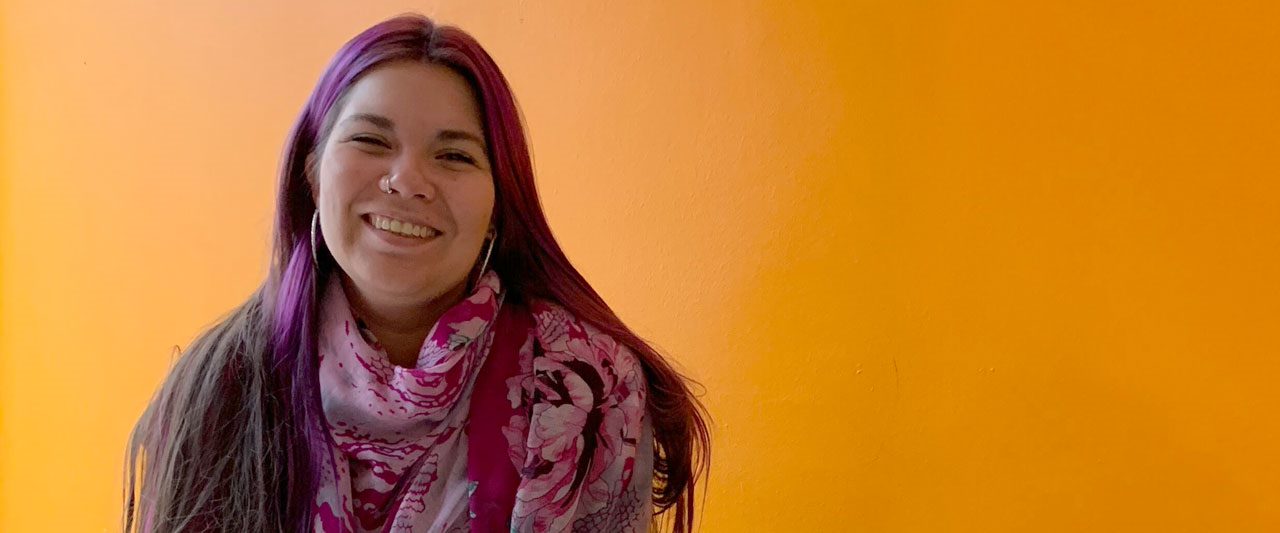A college student and reproductive rights advocate in Chile shares why she’s hopeful for the future
Mariana Sánchez is a student at the Universidad Academia de Humanismo Cristiano in Chile, where she is completing her undergraduate degree in history and science education. There, she leads other young women in work to prevent and address campus sexual violence and raise awareness about sexual and reproductive health and rights (SRHR) among her peers. On April 23, she participated in a workshop for student leaders, organized by Ipas and our Chilean partner organization, Miles.
Named “Women’s Circles,” these workshops aim to equip passionate students like Mariana with the information and skills they need to grow as the next generation of SRHR leaders and champions of access to safe abortion in Chile. Though the workshop includes several permanent modules, each event also includes topics that students identify beforehand, to increase participant engagement and respond to the realities these young women face in their work.
Ipas spoke with one of these student leaders during a recent Women’s Circle to talk about the challenges she faces in her work, her vision for the future of SRHR in Chile and what she plans to do as a result of her participation in the event.
What are some of the challenges you face as a student leader?
There’s no access to comprehensive sexuality education in schools or most universities. We don’t have any courses on the topic, so people are lacking very basic information. Like you saw today [in the workshop], the workshop included basic information on STIs [sexually transmitted infections] and condoms, as we need to be able to give this information to other students.
Generally, we see a lot of violations of human rights in our work, and we need to be prepared to respond, [and] to prepare our communities to respond. There is a lot of sexual harassment online and sexual violence, which institutions don’t want to address openly, but we need to take action on.
What do you plan to do with the information covered in today’s workshop?
Using what I learned today, I want to help Chileans develop empathy toward victims of sexual violence, for women to be fully humanized and for us to protect each other’s safety. I also want to help shift beliefs that link girls’ virginity to their value and reach a point where all women can enjoy their sexuality without fear or shame.
What has led you to become a supporter of access to safe abortion?
In my free time, I provided classes to children in poor communities in my region. I see firsthand how they live in precarious situations, and this has been an important part of my decision to support SRHR—I can see the consequences of forcing women to bring a child that is unwanted into this world.
How do you feel about the future of SRHR in Chile and what is your vision for that future?
There’s so much sexism in our society. Girls are still judged by teachers and others on how they dress—for instance, they’re scolded for wearing short skirts, but those who harass or rape them are not punished. I don’t have much hope in the short term in Chile, especially with our current government, but I want to see us have sovereignty over our own bodies, and for people not to assume that they can make decisions for other people about their lives. I know these movements take time—just look at the changes between the 1940s and 1950s and where we are today. You have to put things into historical context so that you can see progress and not lose hope.
For more information, contact [email protected].


